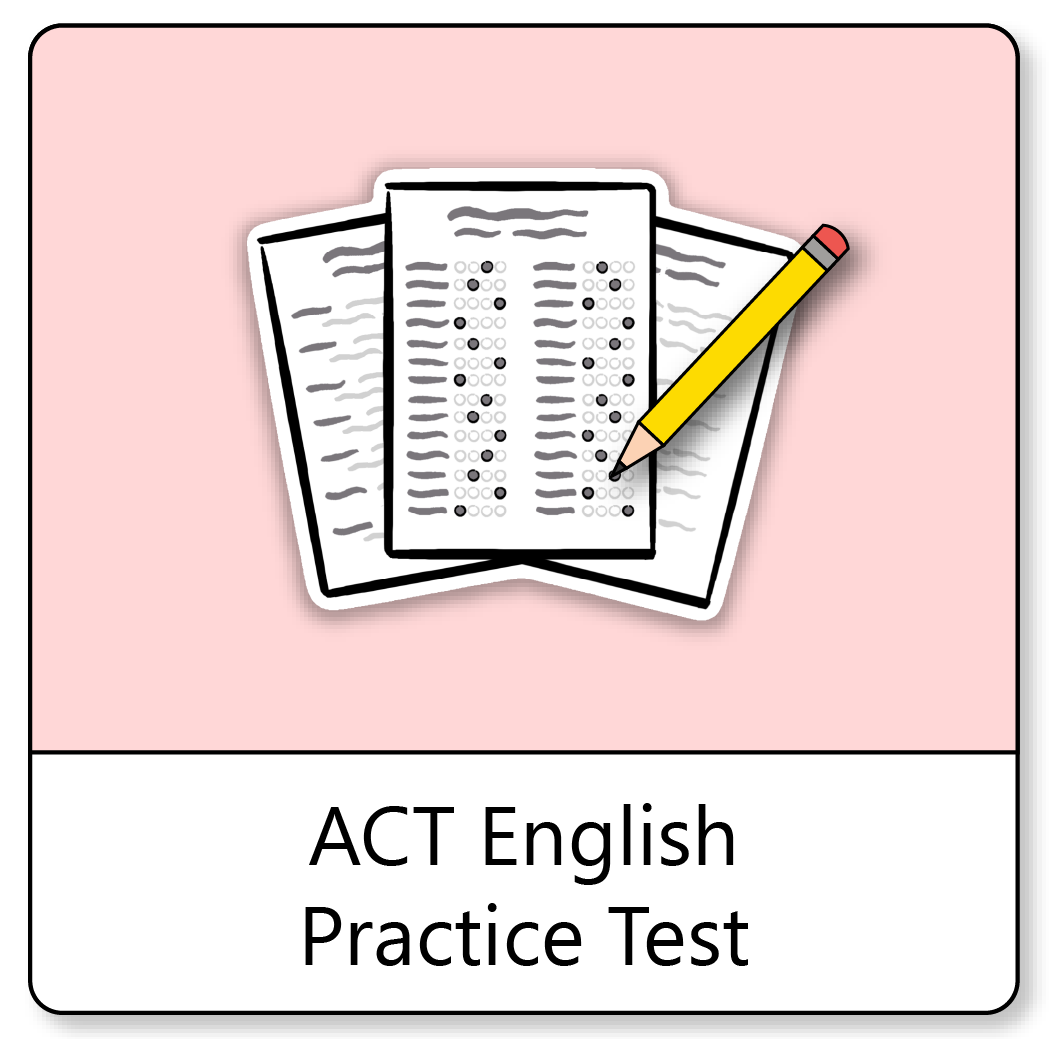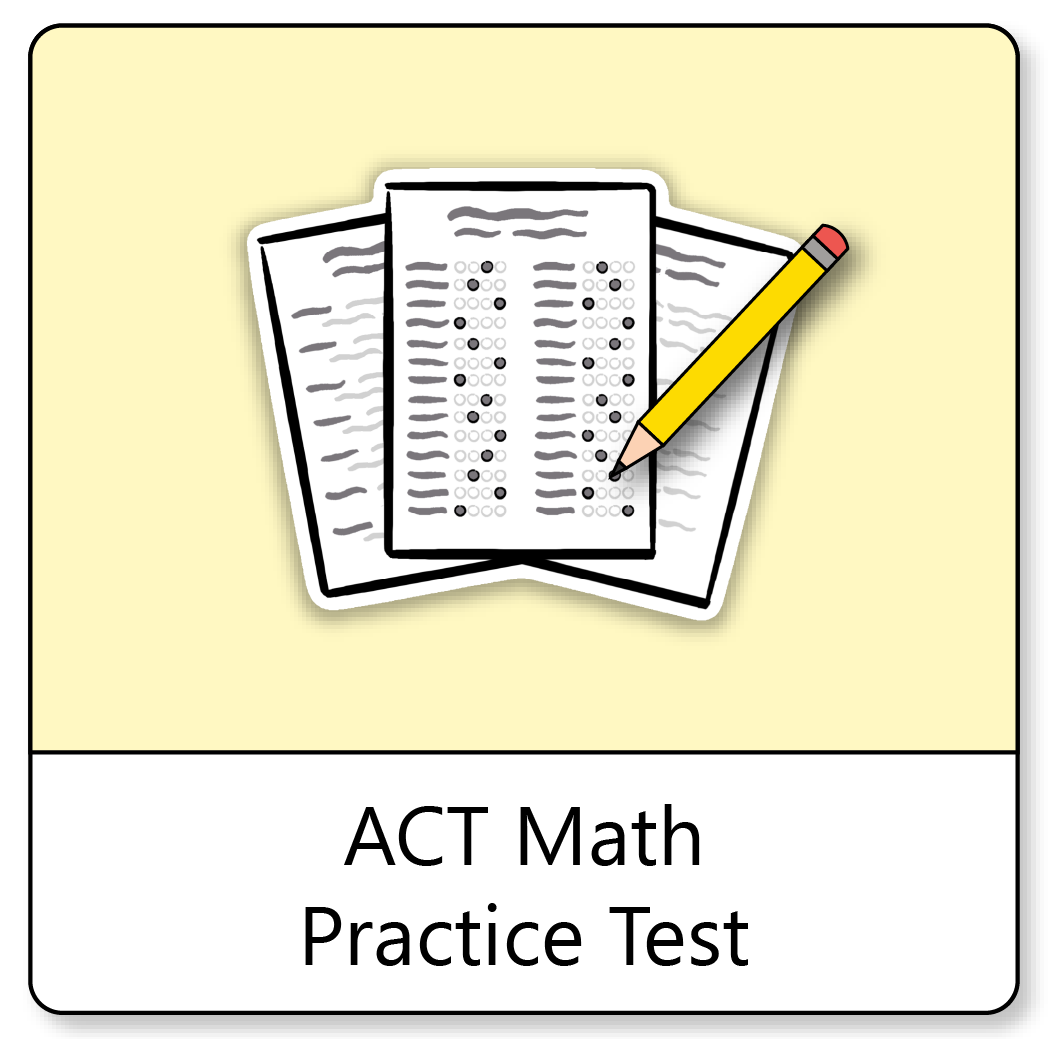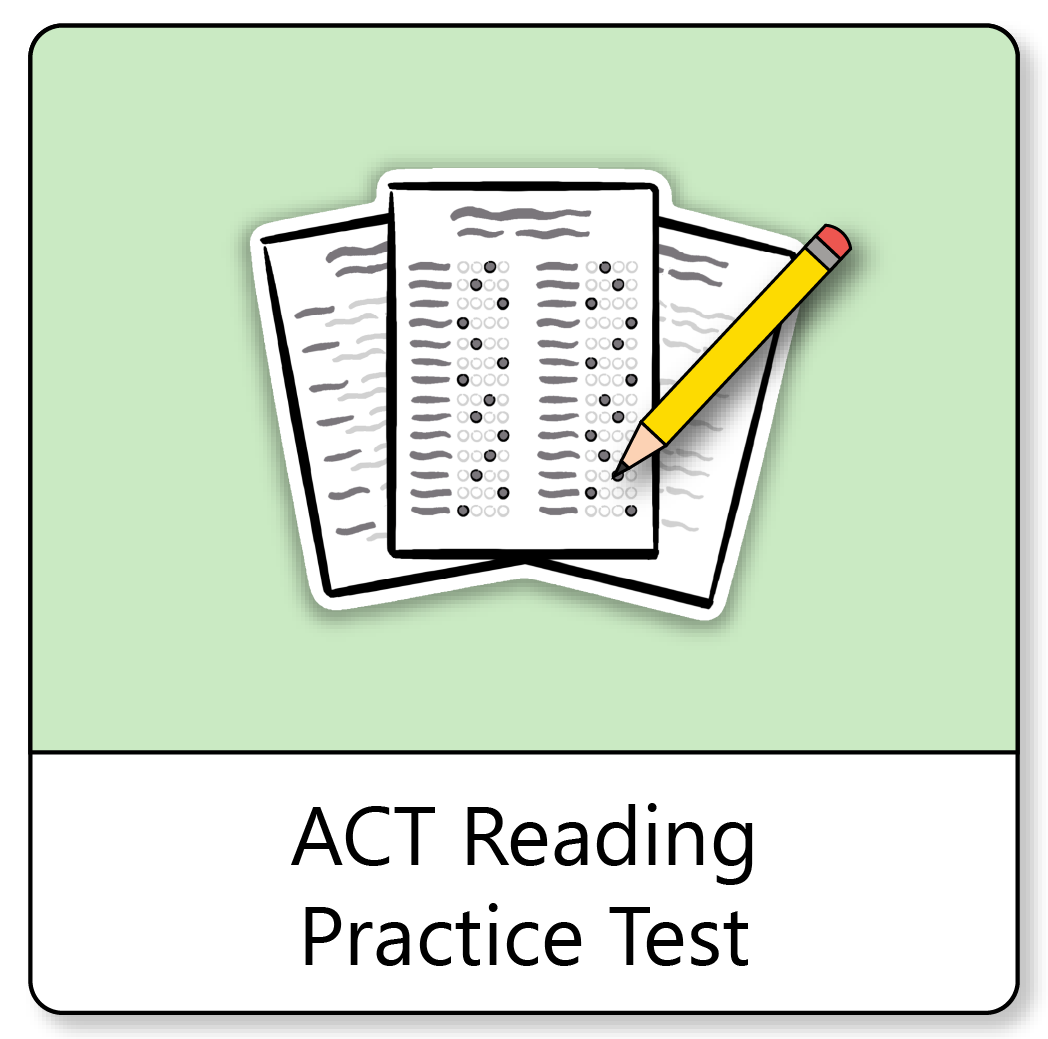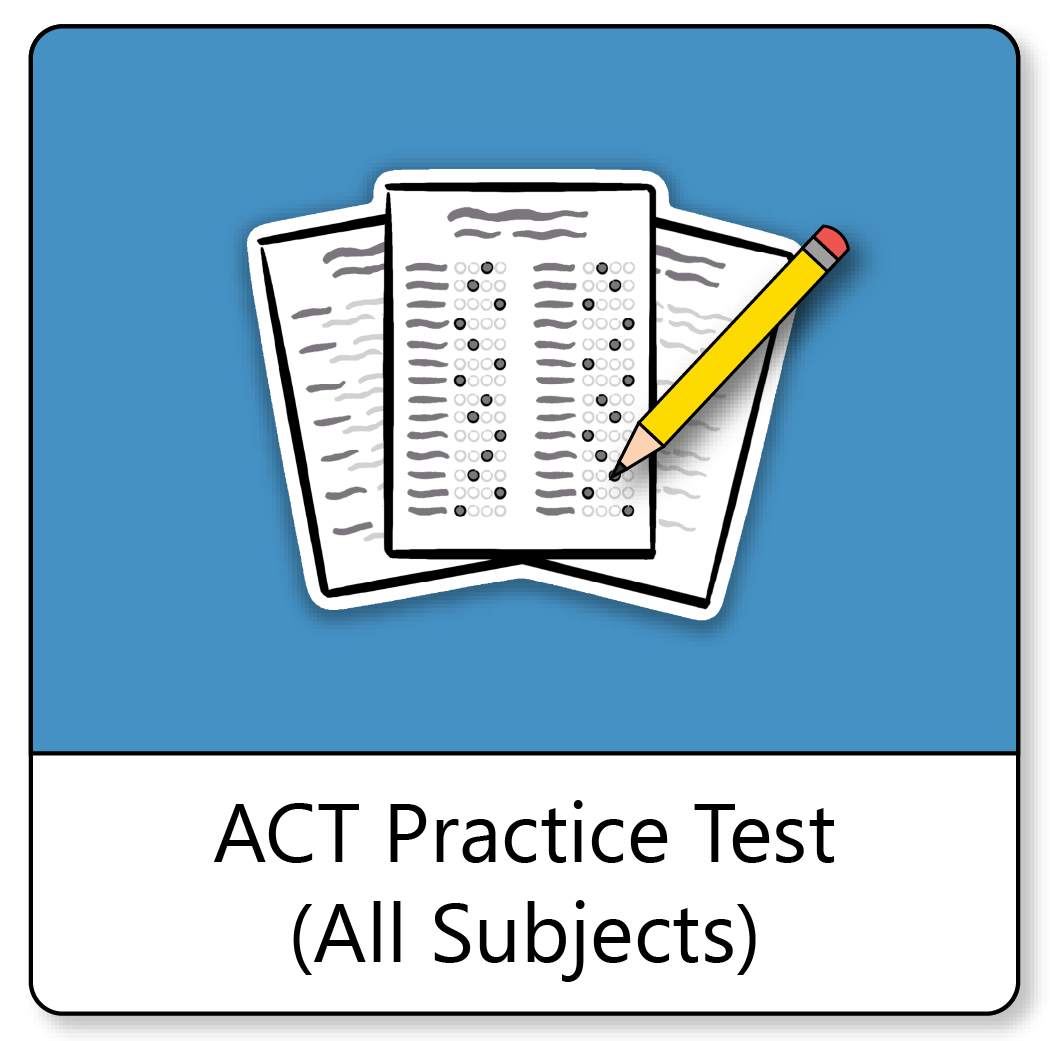If you need help studying for the ACT® Science test or just want some more information about what the ACT is like, you’ve come to the right place.
Click below to take a free ACT Science practice test!
What Science is on the ACT?
These are the main topics you’ll come across on this section of the test:
- Interpretation of Data (36%-47%)
- Scientific Investigation (17%-31%)
- Evaluation of Models, Inferences, and Experimental Results (22%-36%)
ACT Practice Tests
Subject-Specific Practice Tests
If you need some extra practice in a specific subject, click one of the subjects below to get started on a subject-specific ACT practice test.
Full Practice Test
If you’d like to test your full range of knowledge, click below to take a full ACT practice test that includes every subject:
Online ACT Prep Course
If you want to be fully prepared, Mometrix offers an online ACT prep course. The course is designed to provide you with any and every resource you might want while studying. The ACT course includes:
The ACT prep course is designed to help any learner get everything they need to prepare for their ACT test. Click below to check it out!
ACT® is a registered trademark belonging to ACT Education Corp. (“ACT”). ACT is not involved with or affiliated with Mometrix Media LLC, nor does ACT endorse or sponsor any of the products or services offered by Mometrix Media LLC.



 ACT Online Course
ACT Online Course ACT Study Guide
ACT Study Guide ACT Flashcards
ACT Flashcards




